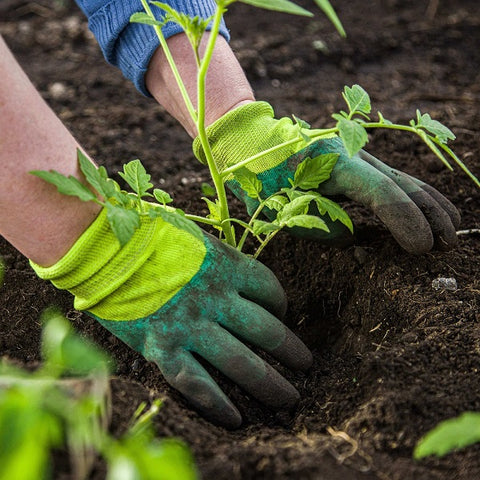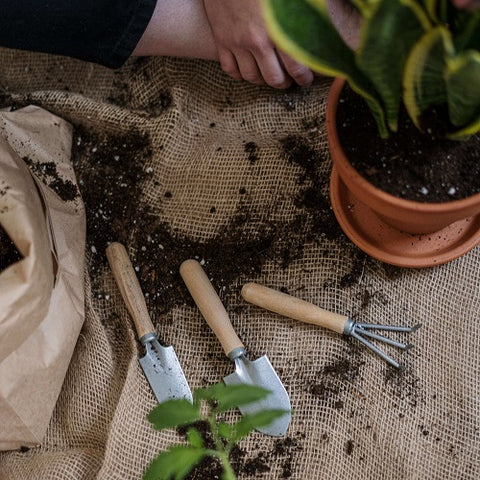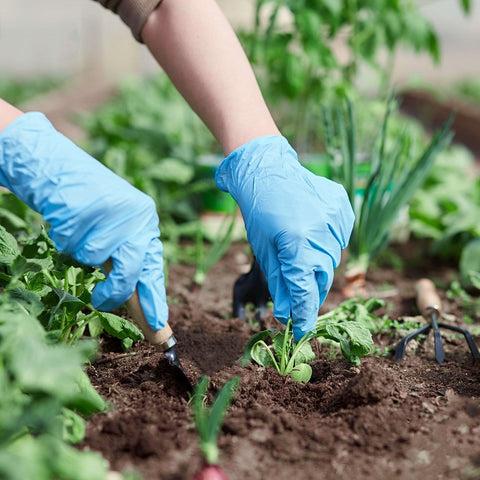Raised garden beds have many practical uses, such as making gardening easier and keeping slugs and other pests at bay. The best raised gardens tend to have the proper soil added to them, although there is a bit of variation when it comes to the best raised garden soil available. Many farmers claim that the best soil is produced by compost, although others disagree.The following content also has some reference value for raised garden beds.

Compost soil is made from biodegradable household waste. This soil is rich in nutrients that help the garden grow. When mixed with packaged soil, compost can make ideal garden soil for planting. The main problem in selecting garden soil is to find high quality filler soil.
Although many people use topsoil, this soil is not regulated in any way. This means that any topsoil brand is likely to be a mix of good and bad soil. If you plan to use topsoil, it is a good idea to purchase this soil from a reputable garden supply center that you trust. Otherwise, a quality test must be conducted.

Mixing compost with red clay is another popular option. Red clay contains many minerals that can help any garden plant grow. This type of soil is generally more expensive than most other types, although many people who use red clay and compost mixtures consider this combination to be the best cultivated garden soil.
The soil in a garden store is often difficult to judge. Sometimes, these soils may be of good quality, but this depends on the soil manufacturer. Cheap packed soil does not contain as many nutrients as expensive soil. In either case, pay attention to what's in the packaged soil before you buy.
It's hard to create better soil than compost soil. Since compost contains so many valuable nutrients, any serious gardener should consider creating a compost pile. Fruits and vegetables make the best compost, although many different items can be added to the compost bin. To make compost, purchase a compost bin online or at any garden store.

Making your own soil may seem like a lot of work, but it's the best way to ensure fertile soil for planting your garden. Raised gardens that are not given enough soil often fall short of expectations. Keep in mind that any soil purchased should be tested, or obtained from a reliable source, before use.
When choosing soil for your garden bed, you should consider the following factors:
- pH value: Different plants like to grow in different pH ranges, so you need to choose a soil pH value suitable for plant growth. In general, a neutral to slightly acidic soil pH (6.0 to 7.5) is suitable for most plant growth.
- Nutrients: Different plants need different nutrients to grow, such as nitrogen, phosphorus, potassium, etc. Usually, the soil contains enough nutrients to support plant growth, but in some cases, fertilizer is added to provide additional nutrients.
- Drainage: Good soil should have good drainage to avoid oversoaking and root rot, and if the soil is poorly drained, it can be improved by adding sand or organic matter.
- Texture: Soil texture affects its ability to hold water and nutrients. Clay holds water well but has poor drainage. When choosing soil, you should consider the needs of the plants as well as the local climate conditions.









